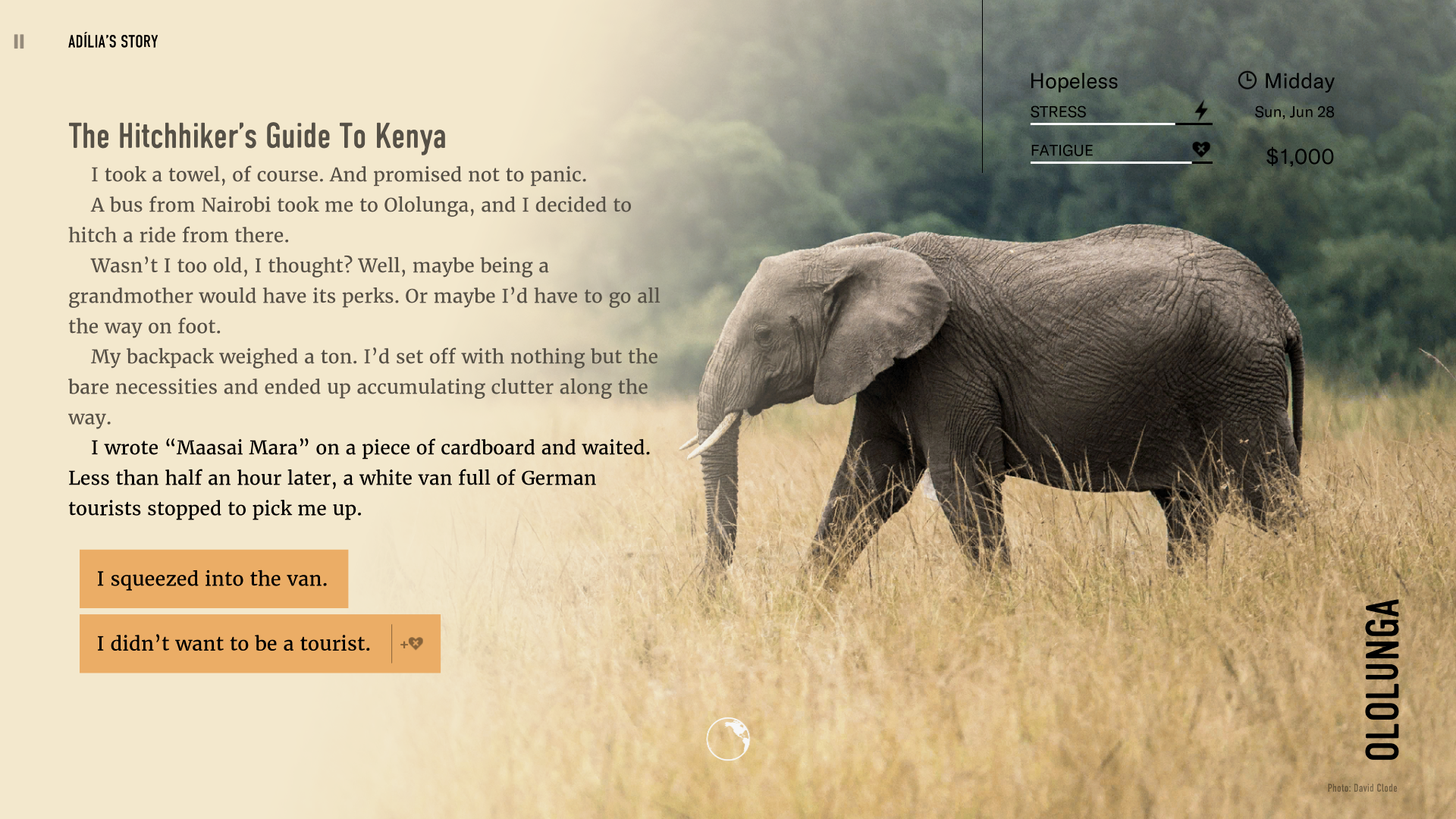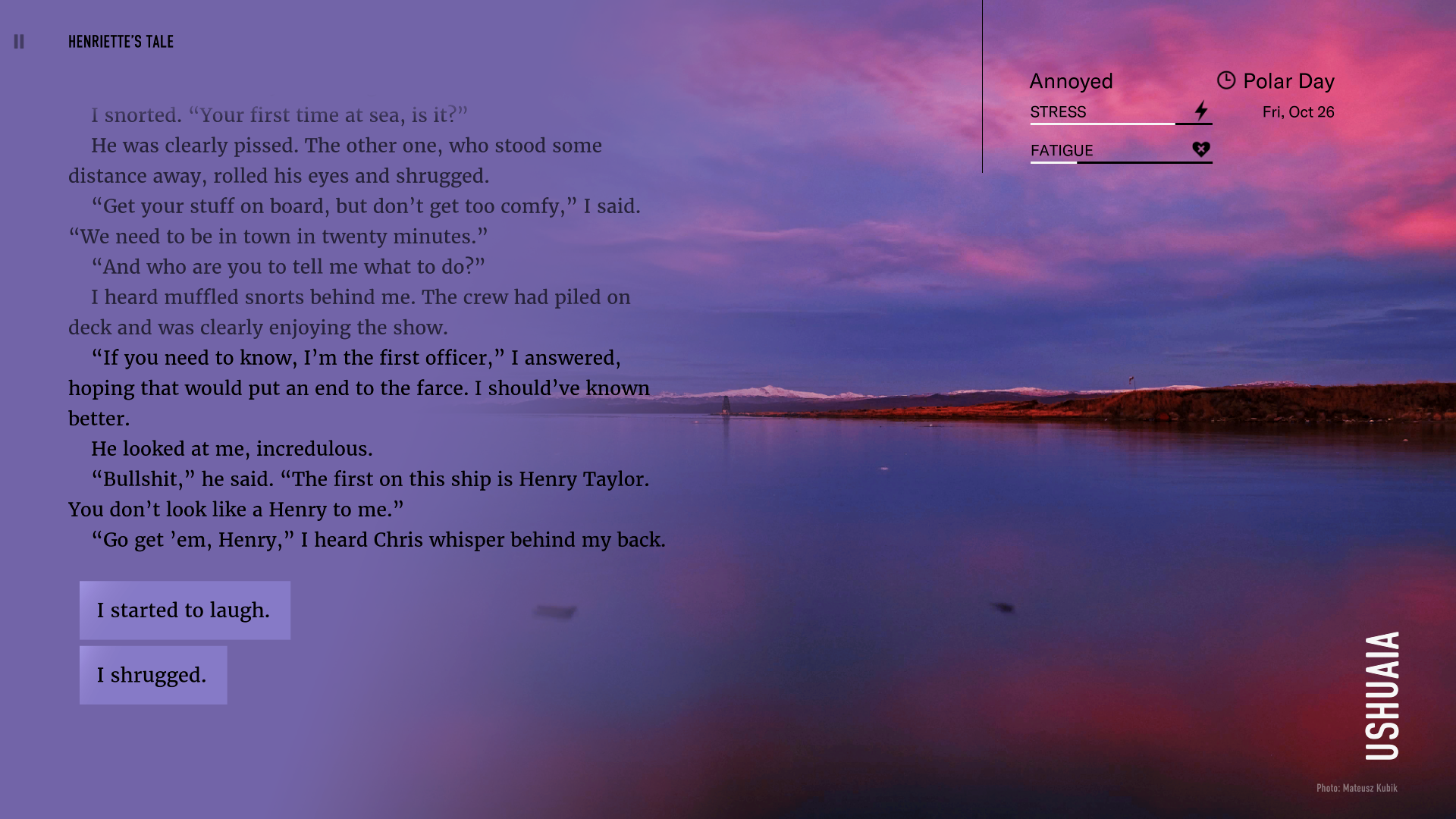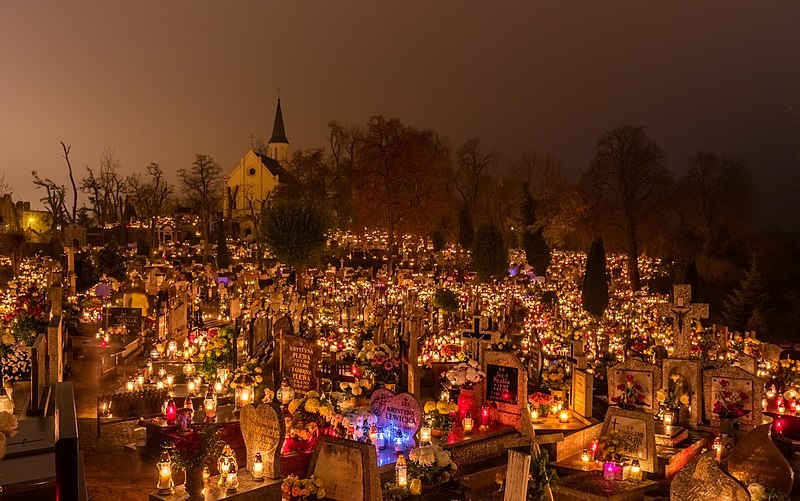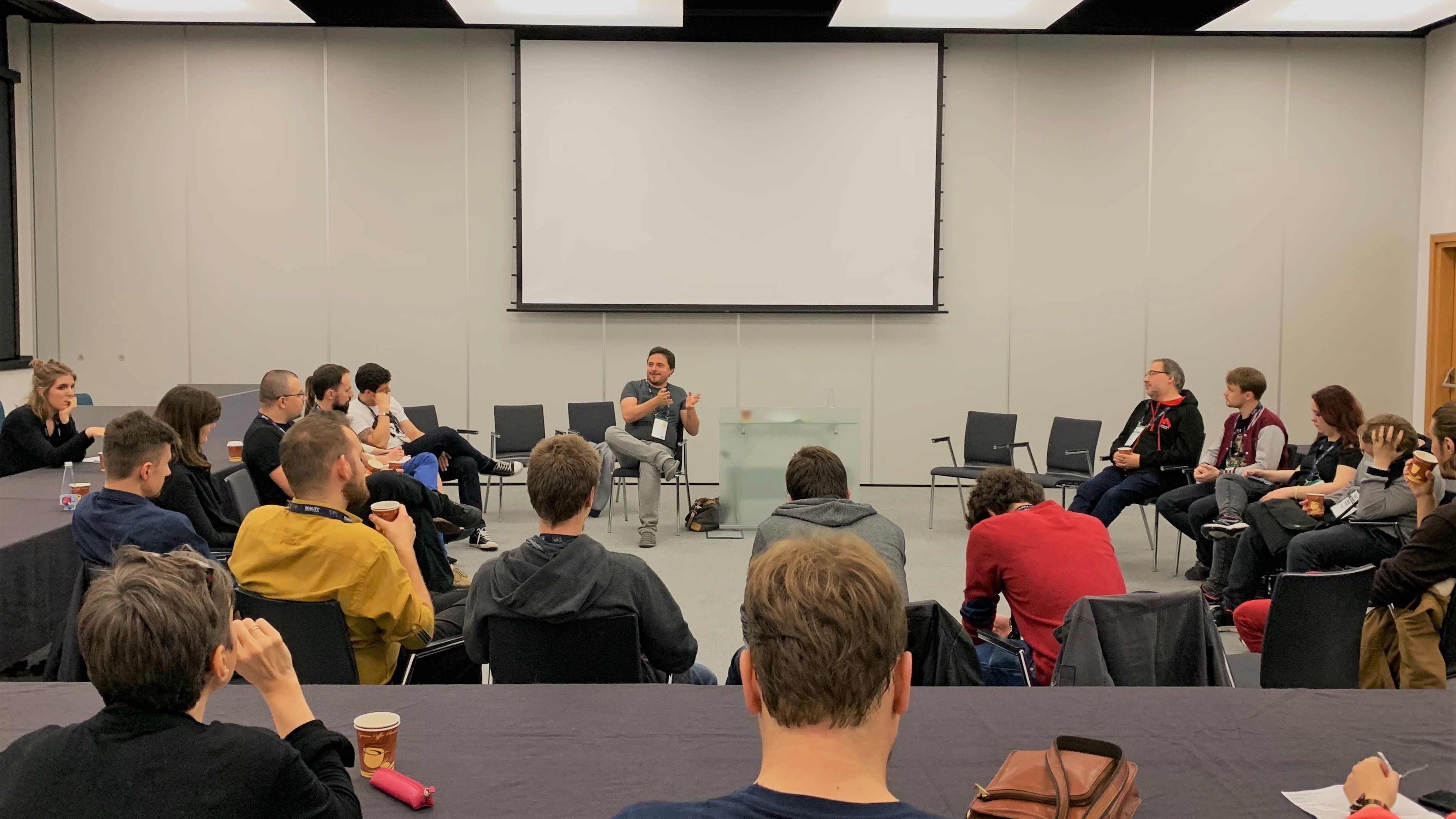
Wanderlust: Travel Stories - Walkabout
Hey there Wanderers, both experienced and new!
Artur here, on behalf of the Wanderlust team. We've seen many new people starting the journey with our game in the past weeks. We're glad that you're with us. And since a lot of you have already finished the game, it's a good moment to ask: How did it go?
There are many unseen mechanics in Wanderlust: Travel Stories, and they all work to personalize every story to your decisions. Is your Henriette a tea or a coffee person? What is Martine’s favourite outfit? How close is Adília to her husband? Does Tomek like to read? All those small details change in the background to fit your play style.

And there are, of course, emotions. Small choices accumulate to deeper and more meaningful consequences. When a character is feeling happy or sad, tired or energized, this depends on your directions. And, in turn, emotions change the way they see the world.
In some cases there are as much as 9 different descriptions of a single scene, and you only see the one that reflects the current mood. The same street may seem either dangerously crowded or bustling with life.
Every journey is a sum of small choices, there are no big buttons to decide if the character will take away something positive out of their journey, or end up disappointed and disillusioned. Like in life, small things accumulate, many things stay in-between, never just black-or-white.

So, my question is...
HOW DID YOUR STORIES PLAY OUT?
Was your Tomek happy or sad? What your Adília decided when she reached Maputo? With whom did your Martine connect with the most--and why? We'll appreciate you sharing this information, because even within our team, we've had vastly different experiences.
I'd also like to ask you to consider nominating Wanderlust Travel Stories for The Steam Awards--we hope we fit the Outstanding Story-Rich Game Award category. You can nominate us here.
Take care!
Artur from Different Tales











